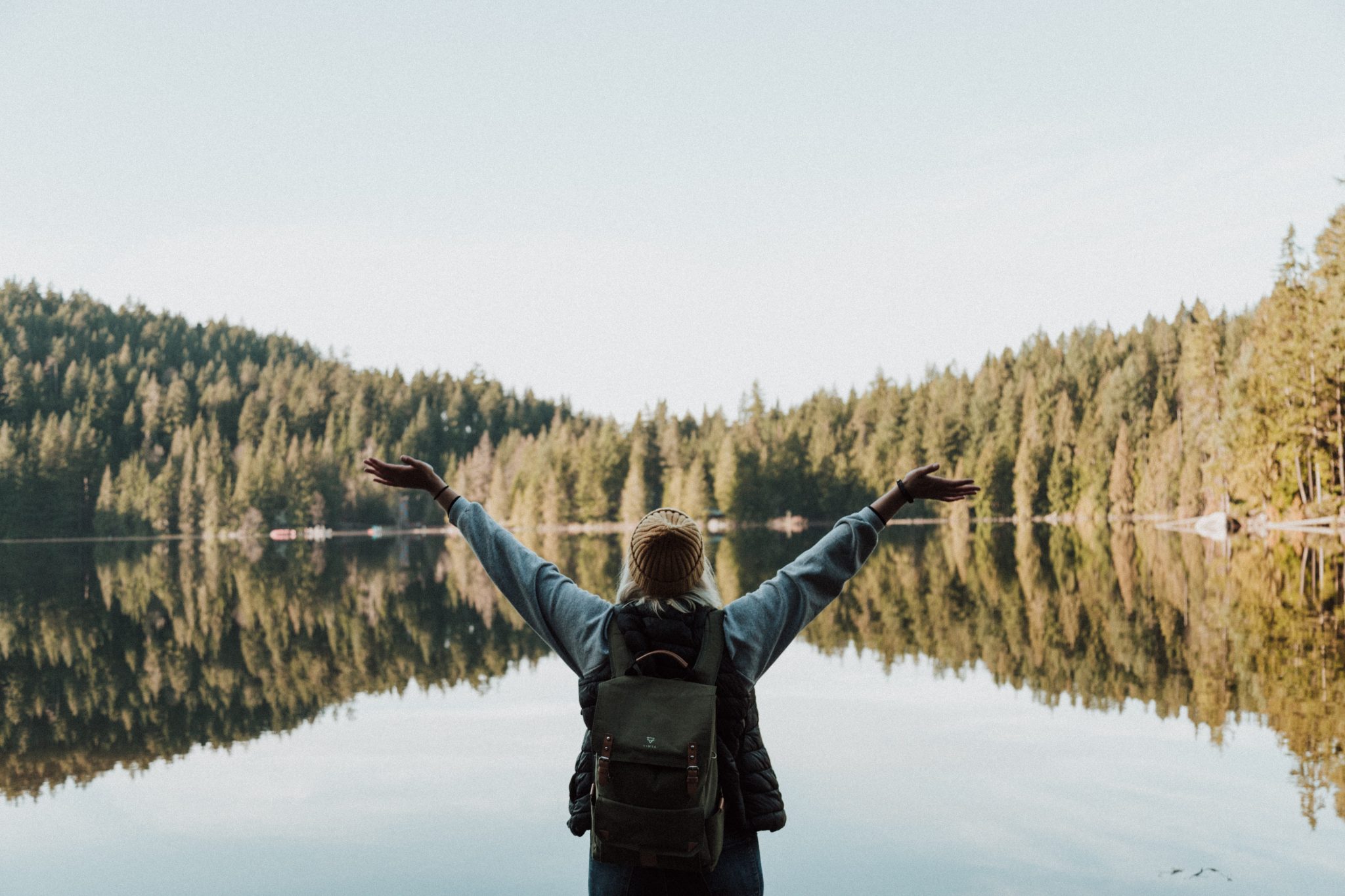- Freelancing Freedom
- Posts
- When you can live and work anywhere, what does 'home' mean?
When you can live and work anywhere, what does 'home' mean?
How can remote workers and digital nomads establish a sense of belonging

I remember when I first moved from the UK to Spain many years ago, I had to travel back to London every couple of months for meetings. And colleagues were surprised when I remarked on the fact I was going 'home' in a couple of days.
Yes, I meant back to Spain - obviously. I no longer had a home in the UK, and my family were waiting for me where we lived now. While I love staying with relatives in the UK, my daughters and husband are my household, and where they are is where my home is located. No further questions, your honour.
I thought everyone felt the same... but then a couple of years ago when lockdown was being introduced and flights rapidly curtailed, a sudden shifting took place among my local international community. Some people I had regarded as lifers like us were abruptly scrambling to get 'home', as the immigrants and expats reacted totally differently to the states of emergency being unevenly implemented.
Home is where the hand sanitiser is...
For many it was a simple choice driven by the needs of family, and I guess it was for us too - while desperately concerned for the wellbeing of older relatives back in the UK, our only logical option was to hunker down and stockpile loo roll along with our neighbours, at home in Spain.
What about those who were working overseas at the time, or had no permanent home to run (back) to? Or who got stuck the wrong side of a border, when the restrictions came in? For some, they got tangled up in overstayed visas, unsuitable accommodation, and even accidental tax residency.
Others lucked out, and found amazing places to wait out the crisis. The freelancing nomadic population has always been resilient, in the face of change (I wrote this piece about a year ago, exploring how different people had coped and indeed thrived during the strange global experience:
And now those communities are not only back on the road, they're connecting in new ways, online as well as in person. As tourism picks back up, alongside those visitors, are a new wave of travellers - seeking longer-term, immersive experiences, and a chance to connect with others like themselves, while also experiencing new cultures and locations.
Building communities online, to create unique face-to-face encounters
Today's podcast guest, Gonçalo Hall, is directly creating these experiences and communities - supporting destinations in places like Madeira and Cape Verde, to address the needs of a professional migrant visitor, with suitable accommodation for living and working, and building bridges between local communities and digital nomads to create lasting connections.
It's a compelling vision for a future where travel is truly reciprocal - with these new travellers giving back to the places they stay, through shared activities, skill and knowledge transfers, as well as patronage of local hospitality. And it's a far cry from traditional tourism, with its all-inclusive resorts and organised tours.
You'll love Gonçalo's vision and enthusiasm, and the scalable blueprint he has created to bring nomad hubs to unique global locations. This is the last episode of the Future is Freelance podcast for August, and we will return with Season 2 on the 9th of September, when we already have some fabulous guests and themes to explore together.
In the meanwhile, have a lovely weekend,
Maya Middlemiss
Freelancing Freedom

.jpg)